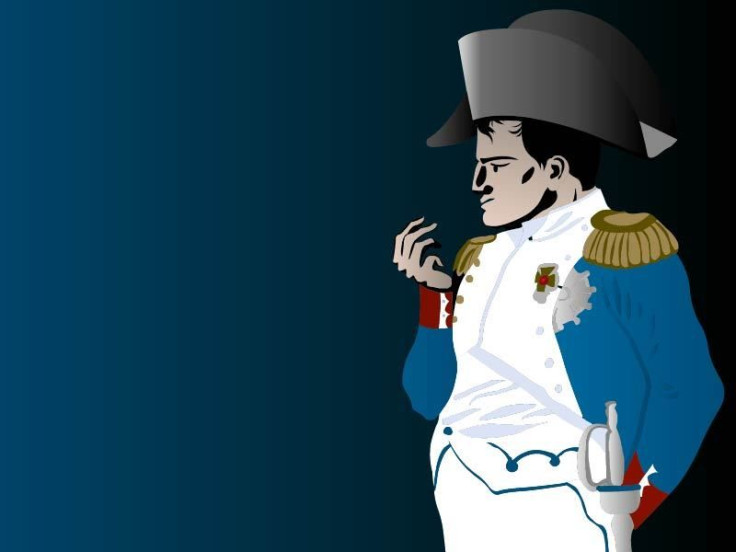Battle Of Waterloo Might Not Have Happened If It Wasn’t For Neurosurgeon Jean Massot: How Medicine Changed The Course Of History

Napoleon Bonaparte’s failed attempt to invade Russia in 1812 may not be as widely known as his defeat at the Battle of Waterloo two years later, but it is largely credited as the beginning of the end for the French commander. A new study presents compelling evidence to suggest that the true reason for Napoleon's blunder in Russia was not due to his poor military judgement but rather the skilled hands of a French brain surgeon.
Napoleon’s Russian Disaster, In 60-Seconds
In 1812, Napoleon and his Grande Armée marched to Russia in an attempt to conquer the eastern lands in the name of the newly founded French Republic, according to The History Channel. Much to the surprise of Napoleon, instead of finding the Russian military, he found Moscow razed to the ground and the beginning of an early winter — rather than stay and fight the French, Russian General Mikhail Kutuzov ordered his troops to burn down the capital city and retreat to the East. As a result, there were no supplies for the French troops to use when they arrived in Moscow and many of them died in the harsh Russian winter.
At the time, people criticized Kutuzov’s decision as crazy and impulsive. But in retrospect, historians speculate that if Kutuzov had stayed to challenge Napoleon, the battle may not have ended in favor of the Russians. According to the recent study, however, Kutuzov’s impulsive military tactics may have been influenced by two life-saving operations he received nearly 40 years earlier. Researchers at the Barrow Neurological Institute in Arizona believe that a head injury Kutuzov received in 1774, while fighting the Turks in Crimea, destroyed his frontal lobe and altered his personality and behavioral pattern.
The Brain’s Control Panel
The frontal lobe is commonly referred to as the control panel for our personality, and is believed to have a large influence over our emotional expression, problem solving skills, memory, language, sexual behavior, and, most importantly, our judgement.
"It seems that the more primitive regions of the brain drive impulses to pursue larger rewards, but the frontal lobes take a longer view of the situation and put the brakes on these urges in situations when larger rewards may not be the most profitable ones in the long term,” said Dr. Stan Floresco, a researcher at the Brain Research Centre at the University of British Columbia,in a 2014 statement about a study he conducted involving the human decision-making process.
The Barrow team proposes that the damage to Kutuzov’s frontal lobe can explain why he left the Russian stronghold open to French invasion. The gunshot to the head that the general received in 1774, and a second one that he received in 1788, would have surely killed Kutuzov if not for the intervention of the French brain surgeon Jean Massot. Massot’s surgeries on Kutuzov’s brain two are considered the hallmarks of modern brain surgery, and without a doubt saved the general’s life, albeit with some side effects.
"The other generals thought Kutuzov was crazy, and maybe he was," lead researcher Dr. Marc C. Preul said in a statement. "The brain surgery saved Kutuzov's life, but his brain and eye were badly injured. However ironically, the healing resolution of this situation allowed him to make what turned out to be the best decision. If he had not been injured, he may well have challenged Napoleon and been defeated."
Preul and his team scoured the globe for 200-year-old evidence to back this claim. Unfortunately, it is unknown what happened to the remains of Kutuzov’s brain. It was last mentioned during his autopsy in 1813, according to the statement. Records of eyewitness accounts from the time, however, back the researcher’s hypothesis, as they claim that Kutuzov’s personality was indeed altered after his two brain surgeries.
According to Preul, the team’s finding are not just a story of the early days of brain surgery but also “a story of how medicine changed the course of civilization.”
Source: Kushchayev SV, Belykh E, Fishchenko Y, et al. Two bullets to the head and an early winter: fate permits Kutuzov to defeat Napoleon at Moscow. Journal of Neurosurgery . 2015
Published by Medicaldaily.com



























